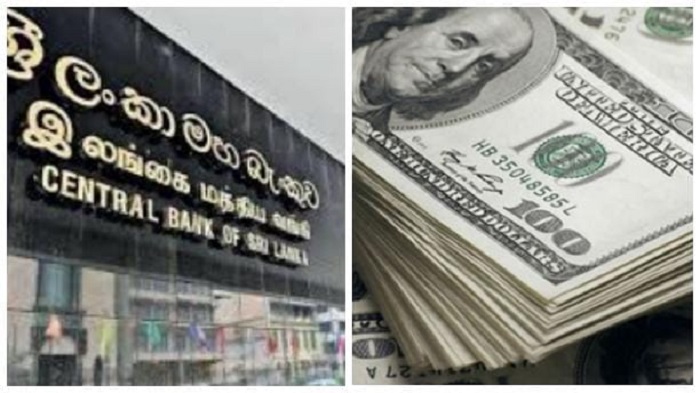
In August 2021, Sri Lanka received its share of the global SDR allocation by the International Monetary Fund (IMF) and the initial disbursements under the bilateral currency swap arrangement between the Central Bank of Sri Lanka (CBSL) and the Bangladesh Bank.
Issuing a statement, the CBSL said the SDR allocation received by Sri Lanka was equivalent to US dollars 787 million while a sum of US dollars 150 million was received under the swap arrangement with the Bangladesh Bank.
The IMF distributed a total SDR allocation of equivalent to US dollars 650 billion among its member countries on 23 August 2021, in proportion to their existing quotas in the IMF. This provides additional liquidity to the global economy, at a time of an unprecedented crisis due to the COVID-19 pandemic, supplementing countries’ foreign exchange reserves and reducing their reliance on expensive domestic and/or external debt. Countries can use the space provided by the SDR allocation to support their economies and step up their fight against the adverse effects caused by the pandemic. The IMF SDR allocation is not a loan from the IMF and no specific conditionalities are attached to the allocation. Previously, the IMF had allocated SDRs to member countries in 2009, 1979-81, and 1970-72.
The foreign currency swap facility from the Bangladesh Bank totaling US dollars 200 million was agreed upon in view of strengthening economic and financial cooperation between the two countries. This swap facility has been provided for a period of 3 months with the possibility of rolling over twice for similar periods, and it will be disbursed in three tranches, i.e., US dollars 50 million, US dollars 100 million, and US dollars 50 million. The first two tranches have already been received.
The Government of Sri Lanka expects to receive the remainder of the syndicated loan from China Development Bank shortly. This disbursement completes the total syndicated loan of US dollars 1.3 billion from China Development Bank.
These foreign exchange receipts help improve the country’s Gross Official Reserves while enabling the Central Bank to further facilitate the liquidity conditions in the domestic foreign exchange market. With the materialization of envisaged inflows, including non-debt creating foreign currency inflows to the Government, Sri Lanka’s foreign exchange reserves are expected to improve further in the period ahead. (NewsWire)